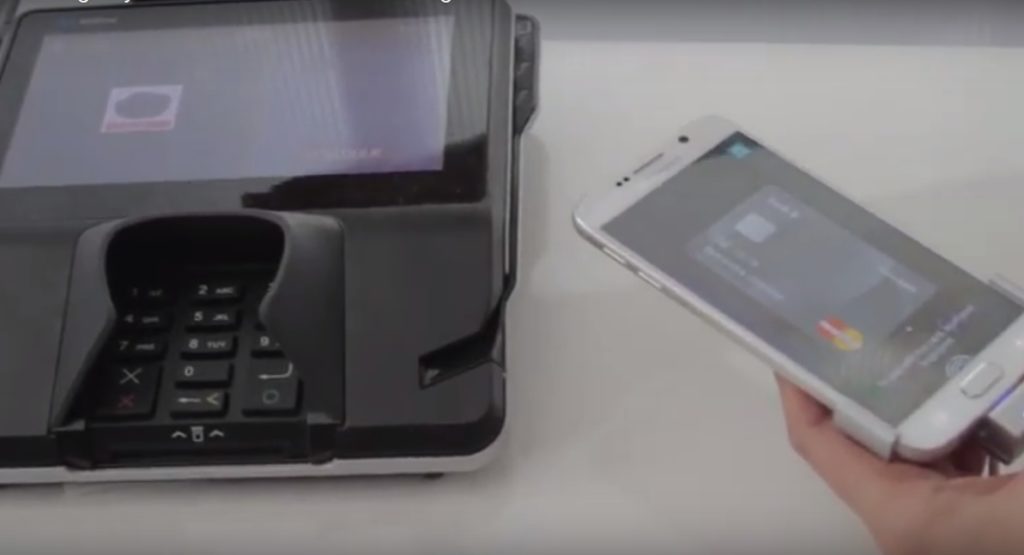The electronics and tech giant is introducing its branded app just in time for athletes and spectators.
Samsung Electronics Co. has announced that it is launching its mobile payments app, Samsung Pay, in Brazil. Certainly, the fact that the Olympic Games are headed to the country played a vital role in this decision. Should the launch be successful, it may open the door to more countries throughout Latin America.
Mobile phones are a primary access point for the internet in Latin America, making this strategy promising.
The mobile app, Samsung Pay, first saw its world debut in South Korea. That occurred nearly a year ago in August 2015. It has since become available to more countries. It has been in the United States since September 2015. Now, Samsung will be sending the mobile payments service to smartphone users attending – and participating in – the Olympic Games. This, according to the vice president of the unit, Haley Kim.
Samsung Pay will be up against some stiff competition as Apple and Google also make a grab for that market.
 The largest company in South Korea will be pitting its mobile payments service against Google Pay and Apple Pay. This is no small market opportunity. Forrester Research Inc. predicts that by 2019, it will have broken the $142 billion mark. Those three companies have been rivals in every major marketplace. They are seeking to draw customers to their apps not just to encourage them to use the mobile applications themselves, but also their devices.
The largest company in South Korea will be pitting its mobile payments service against Google Pay and Apple Pay. This is no small market opportunity. Forrester Research Inc. predicts that by 2019, it will have broken the $142 billion mark. Those three companies have been rivals in every major marketplace. They are seeking to draw customers to their apps not just to encourage them to use the mobile applications themselves, but also their devices.
In Brazil, Samsung already has a 42 percent share, said Gartner Inc.. That is sizeable when taking into account that there are more active mobile phone accounts than people in the country. The company is aiming to use its mobile payments service to bring in an even larger number of new users. That said, it could be a challenging effort considering the current state of the Brazilian economy. It is currently suffering the deepest depression it has faced for at least one hundred years.
Kim explained that “The demographic group buying and using these devices in Brazil is more the high-end or premium customers who may not be significantly impacted by this economic crisis.” Samsung Pay may have a bit of an advantage as the company is a corporate sponsor of the games. It is also selling a limited edition Galaxy Edge S7 featuring the Olympic rings and colors. The mobile payments app will also be compatible with users of other S7 devices, in addition to the A5 and A7 models and others.


